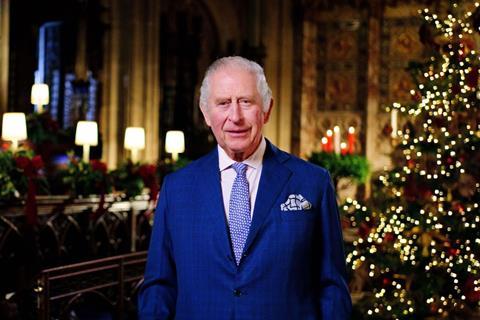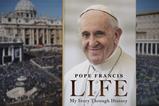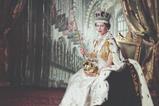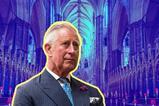King Charles III’s record-breaking Christmas Day broadcast highlighted the fine balancing act that a believing monarch in a secular society must tread, says Catherine Pepinster

There was huge anticipation in the build up to this year’s Christmas Day message from the Sovereign.
Following the death of Queen Elizabeth II in September, it was the first time in 70 years that she did not address the country and the Commonwealth at Christmas, and the first time that King Charles III would do so.
In fact, it was the first time ever that a king would give his Christmas message on television. George V, who began the Christmas message tradition, and his son, George VI, spoke only on radio.
Breaking records
If you can gauge the impact of something by what the soap operas make of it, then this Christmas message was huge: characters on both the BBC’s EastEnders and The Archers mentioned they would be listening to the first “King’s Speech”, as they called it.
There was poignancy, of course, because it was our first Christmas without the Queen, but there was also a genuine interest in what King Charles would say.
Long before the days of interfaith dialogue, the Queen reached out beyond her fellow Anglicans
When it was broadcast, huge numbers of viewers put aside their pudding and mince pies to tune in: a record 10.6 million viewers watched the broadcast, which was a record for a monarch’s Christmas address. It also made Charles’s eight-minute broadcast the most watched TV programme of Christmas Day, outstripping festive favourites such as the Strictly Come Dancing Christmas Special and Call The Midwife.
It’s hard to know what made so many people tune in. Perhaps they are caught up in the tabloid tale of Harry and Meghan’s row with the rest of the family and wondered if the King might say something about it (spoiler alert: he didn’t).
It’s likely that the Queen’s death made us all the more aware of the Royal Family. After all, as the King reminded us, ”Christmas is a particularly poignant time for all of us who have lost loved ones” - especially if that loss is recent.
Affirming the faith
And many Christians were interested to see whether the King’s message might differ from that of his mother’s who, in recent years, had offered an overtly Christian message and affirmation of her own faith.
The late Queen certainly featured strongly in this year’s message - from the choice of filming location (St George’s Chapel, Windsor) to the touching personal tribute that the King paid to his mother. It was a neat way for him to both praise her for her commitment to service and to her faith, and to then confirm that he shared them.
Charles’s eight-minute broadcast was the most watched TV programme on Christmas Day
There was also a further expounding of his own faith, with mention of his visit some years ago to the Church of the Nativity in Bethlehem and his experience of standing in the Chapel of the Manger. “It meant more to me than I can possibly express to stand on that spot”, said the King, “where, as the Bible tells us, the light that has come into the world was born.”
That idea of light overcoming darkness – so often used in Hebrew and Christian scriptures, as well as those of other faiths – enabled King Charles to mention the many faiths of Britain today, and to pay tribute to the work that people of faith do in solidarity with others, from feeding the hungry to housing the homeless. There was a reference, too, to those without belief who also serve others.
Walking the line
But there was also something missing. Like his mother, this monarch’s Christmas message came just a few months before the Coronation. In December 1952, the new Queen asked people “whatever your religion may be” to pray for her on her Coronation day, for God to grant her the wisdom and strength to fulfil her promise to serve him.
For the early 50s, it was a very progressive request; long before the days of regular interfaith dialogue, the Queen reached out beyond her fellow Anglicans to ask for spiritual help.
Since he ascended to the throne, King Charles has made it known that he is a committed Anglican. But he has also pledged to help protect all faiths. So it would have been entirely natural for him to make a similar request to his mother.
Yet he didn’t do so. It is a shame, and perhaps a missed opportunity, because many people would have responded with enthusiasm.
Perhaps, in 21st Century Britain, there is a nervousness about asking for prayer. With its mention of his own personal faith, the faiths of others and those of no faith at all, Charles’s message attempted to embrace the entire nation. But as he could not ask non-believers to pray, perhaps he thought better of asking anyone.
This year’s message gave an insight into the King’s thinking – but also an indication of what a fine balancing act a believing monarch has to perform in secular Britain.





































No comments yet